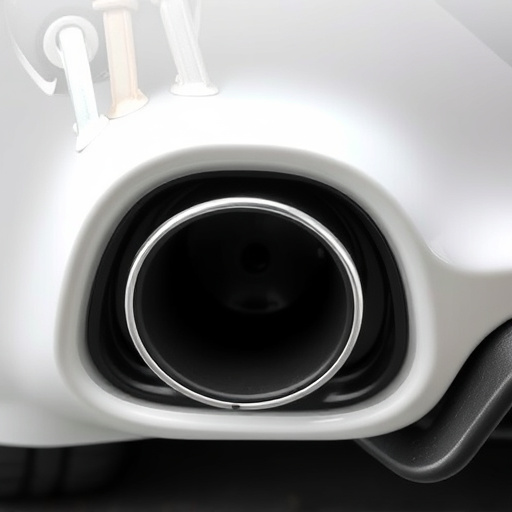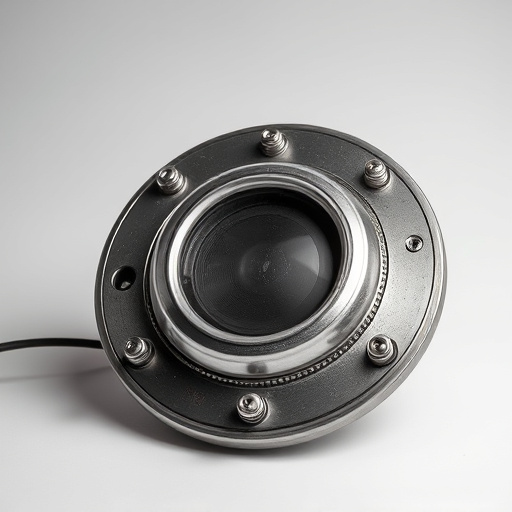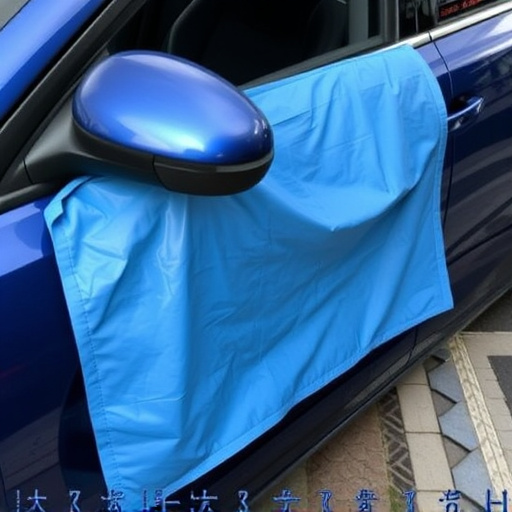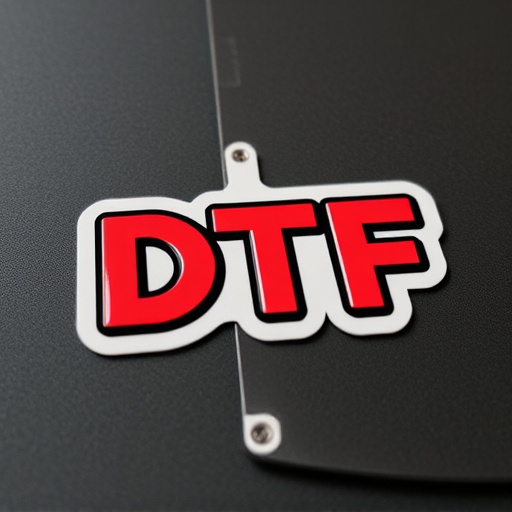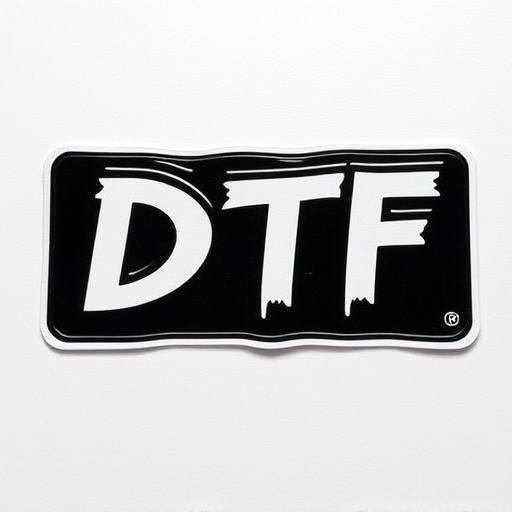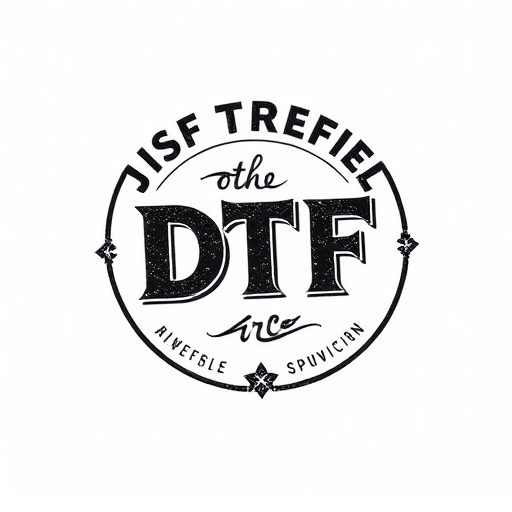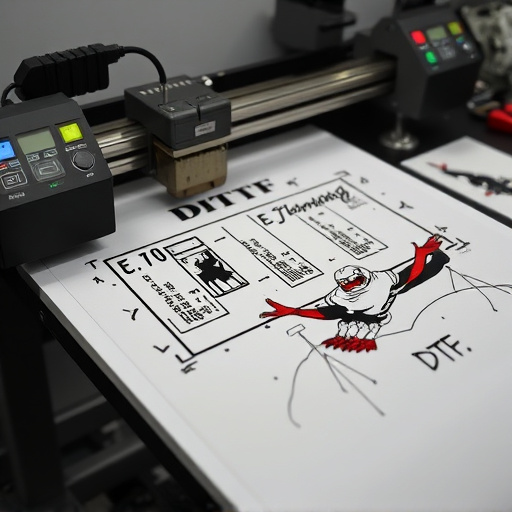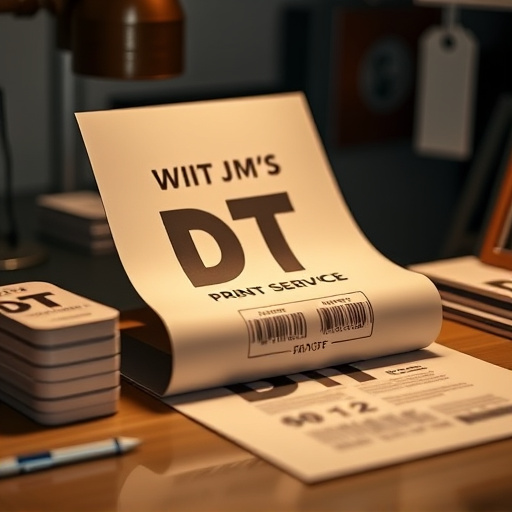Wholesale DTF (Direct to Fabric) Transfers have transformed custom clothing design due to their efficiency and versatility, but traditional methods cause environmental harm through chemical inks and disposal issues. As demand for eco-friendly alternatives grows, manufacturers must adopt sustainable materials to reduce their environmental footprint while creating durable personalized products. This guide explores eco-conscious options for custom t-shirt and apparel businesses using organic cotton, recycled polyester, and plant-based inks, contributing to a greener future and appealing to environmentally conscious consumers. Adopting sustainable materials reduces carbon footprints, supports a circular economy, conserves resources, and enhances brand reputation.
In today’s eco-conscious world, understanding the environmental impact of our choices is crucial. For businesses in the print industry, this includes exploring sustainable alternatives to traditional materials. This article delves into the realm of wholesale DTF (Direct to Fabric) transfers, offering a comprehensive guide to eco-friendly options. We’ll explore how these materials reduce environmental harm while maintaining high-quality prints. By adopting sustainable DTF transfer materials, businesses can make a positive impact without compromising on results.
- Understanding Wholesale DTF Transfers and Their Impact on the Environment
- Exploring Eco-Friendly Materials for DTF Transfers: A Comprehensive Guide
- Benefits and Best Practices for Adopting Sustainable DTF Transfer Materials
Understanding Wholesale DTF Transfers and Their Impact on the Environment
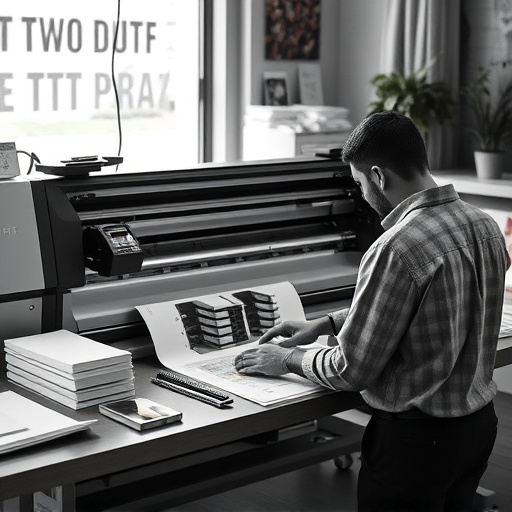
Wholesale DTF (Direct to Fabric) Transfers have gained significant popularity among clothing manufacturers and designers due to their efficiency and versatility in printing custom designs on a variety of fabrics. However, it’s crucial to understand the environmental impact of this process. Traditional DTF methods often rely on harmful chemicals and inks that can contaminate water sources and harm wildlife when not properly disposed of. The production and disposal of these materials contribute to greenhouse gas emissions, further exacerbating climate change.
In the world of custom t shirts and logos for clothing brands, opting for eco-friendly alternatives is becoming increasingly important. While custom DTF transfers offer a range of design possibilities, choosing materials that are both durable and sustainable can significantly reduce their environmental footprint. By adopting more environmentally conscious practices, manufacturers can ensure they’re not just creating beautiful, personalized products but also contributing to the preservation of our planet’s resources for future generations.
Exploring Eco-Friendly Materials for DTF Transfers: A Comprehensive Guide
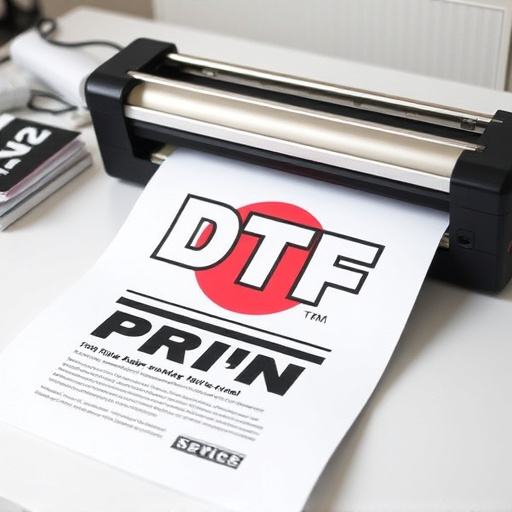
In the realm of Wholesale DTF Transfers, exploring eco-friendly materials is not just a trend but an essential step towards sustainable practices. This comprehensive guide delves into the options available for those in the custom t-shirt and apparel business looking to reduce their environmental impact without compromising quality. From bulk DTF shirt production to DTF printing for hoodies, the market offers a growing array of eco-conscious choices.
Sustainable materials like organic cotton, recycled polyester, and plant-based inks are transforming the landscape of DTF transfers. These alternatives not only minimize waste but also offer exceptional durability and vibrant prints, catering to diverse customer demands, including custom designs for various garments. By adopting these eco-friendly options, businesses contribute to a greener future while meeting the rising demand for responsible bulk DFT shirt production.
Benefits and Best Practices for Adopting Sustainable DTF Transfer Materials
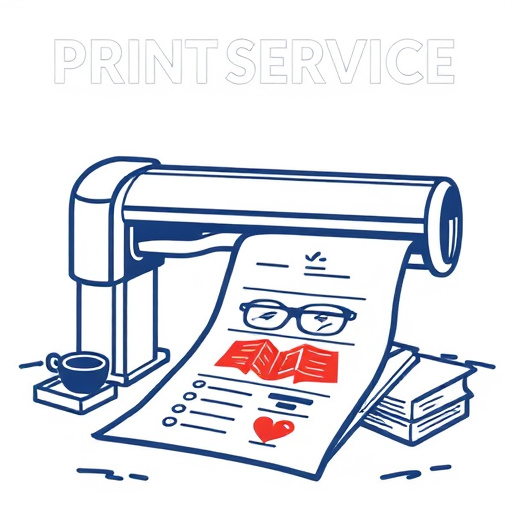
Adopting sustainable materials for Wholesale DTF Transfers offers a multitude of benefits for both businesses and the environment. Eco-friendly DTF transfer options significantly reduce the carbon footprint associated with traditional printing methods, as they minimize the use of harmful chemicals and inks that often contribute to water pollution and land degradation. By choosing recycled or biodegradable materials, you support a circular economy, lessening waste and conserving natural resources.
Best practices for implementing sustainable DTF Transfer materials include using certified eco-friendly products, ensuring proper disposal and recycling processes, and adopting digital design tools to minimize material waste during the creation of custom sheets for heat pressing designs onto garments. For instance, opting for water-based or soy-based inks for dtf for t-shirts can provide excellent print quality while reducing environmental impact. Similarly, offering dtf for Custom graphic tees with a focus on sustainability can attract environmentally conscious consumers and enhance your brand’s reputation in the market.
In conclusion, embracing eco-friendly materials for wholesale DTF transfers is a powerful step towards minimizing the industry’s environmental impact. By understanding the available sustainable options and their benefits, businesses can make informed choices that contribute to a greener future. Adopting these practices not only reduces ecological harm but also fosters innovation within the printing sector. Let’s continue navigating towards a more sustainable world, one eco-conscious transfer at a time.


